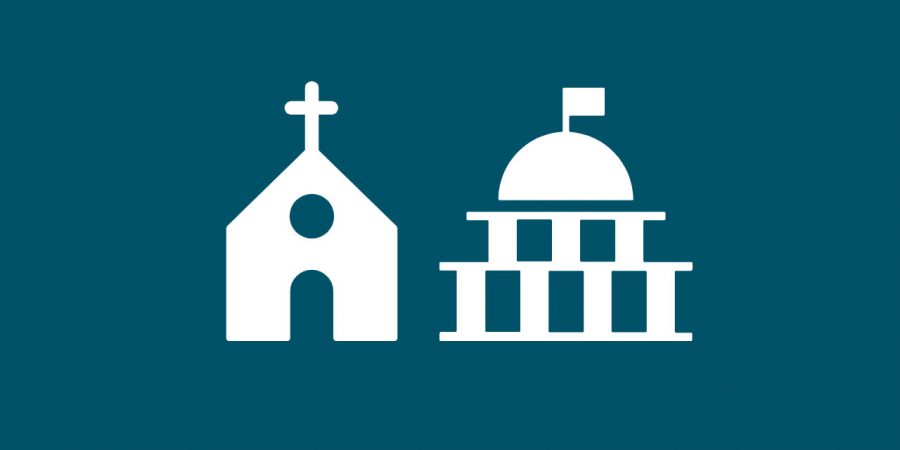We need to change the way we talk about religion
October 28, 2021
Religion is, and has been for most of history, a very contentious topic. Religions have sparked oppression, bigotry, wars, and countless deaths. But behind the bloodshed, religion can be a very beautiful thing. That is, if we approach it the right way. Religion needs to be approached in a way that is sensitive but not doting, in a way that understands instead of excuses.
Conversations about religion are often flawed because the topic is so subjective. As humans, we want the world to be black and white. But the reality is, our world is grey. Truth is an incredibly nuanced concept that frankly cannot be applied to religion. To say that one religion is true and another is false is ignorant.
This type of ignorance can be seen within every type of religion, and even in nonreligious people as well. But in the small scope of America, Christianity is presented as the “true” religion. Now, of course, America is secular! We have separation of church and state, after all. But like any other law, exceptions can occur. Because our government officials are human, they have bias. People view things differently based on their culture and experiences. So, it is not outrageous to believe that a person with authority could judge a situation through the lens of their own experience. We see this frequently in American politics. Eighty-eight percent of American Congress members self-identify as Christian, and the effects show. Unsurprisingly, this majority can be observed in the way policies are implemented and enforced.
Religion has notoriously been the focus on debates of abortion, LGBTQ rights, and other prevalent social issues. On September 24, 2021, congresswoman Marjorie Taylor Greene slammed abortion, citing Christianity as a reasoning for its immorality. Regardless of our opinions on abortions, American citizens should see the flaws in using a religion to justify political action. This being said, Greene is entitled to her opinions and her religion. But how far is too far? Some argue that the separation between church and state is thinning, with politicians like Greene using religion as justification.
Former president Donald Trump infamously took an anti-LGBTQ stance in 2018 with the launching of the Division of Conscience and Religious Freedom (CRFD) bill. This bill allowed medical practitioners to deny patients service based on their religious views. Doctors could deny patients treatment for AIDS or HIV, refuse to perform abortions, or ultimately refuse treatment for any LGBTQ patients. With the former president taking such a staunchly Christian approach, how secular is our government?
I believe that government officials should not be able to cite religion as evidence when it comes to the law. The reasoning is simple: religion is incredibly subjective and personal. One religion should not be used to define the law for all. In America, we have freedom of religion. This means each individual can practice their religion as they please. But at the end of the day, no one religion should influence the lives of others, especially not the religions of government officials.












